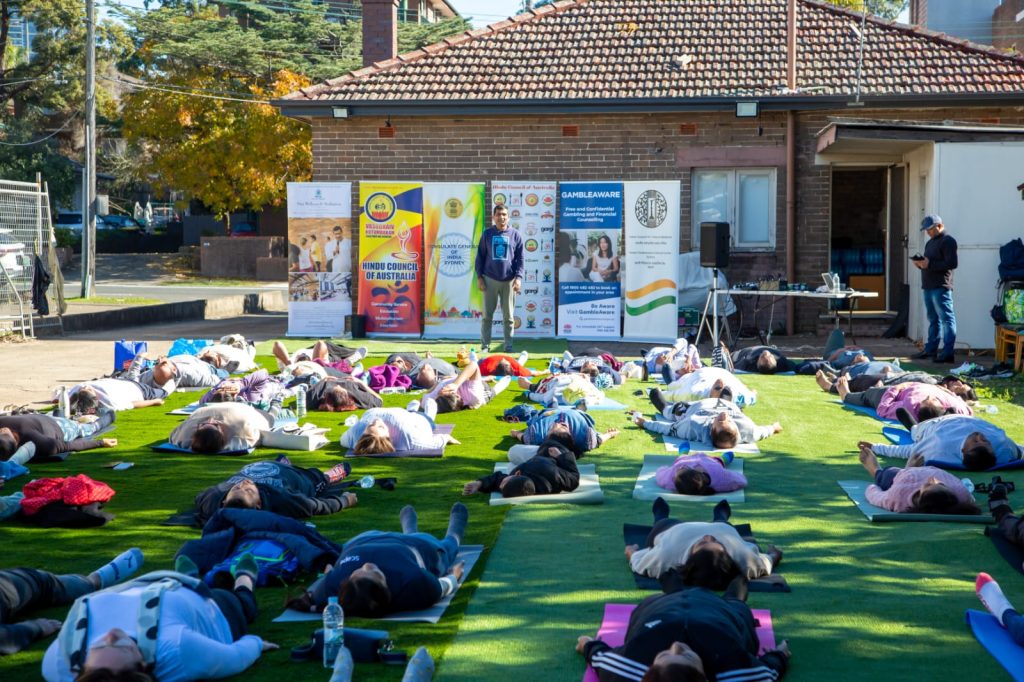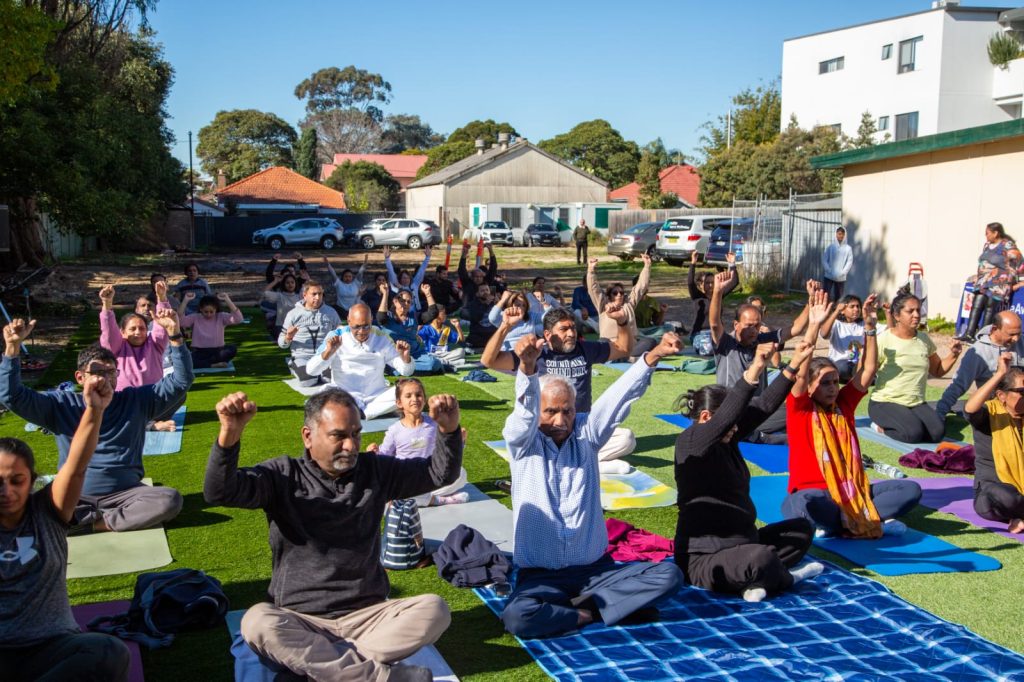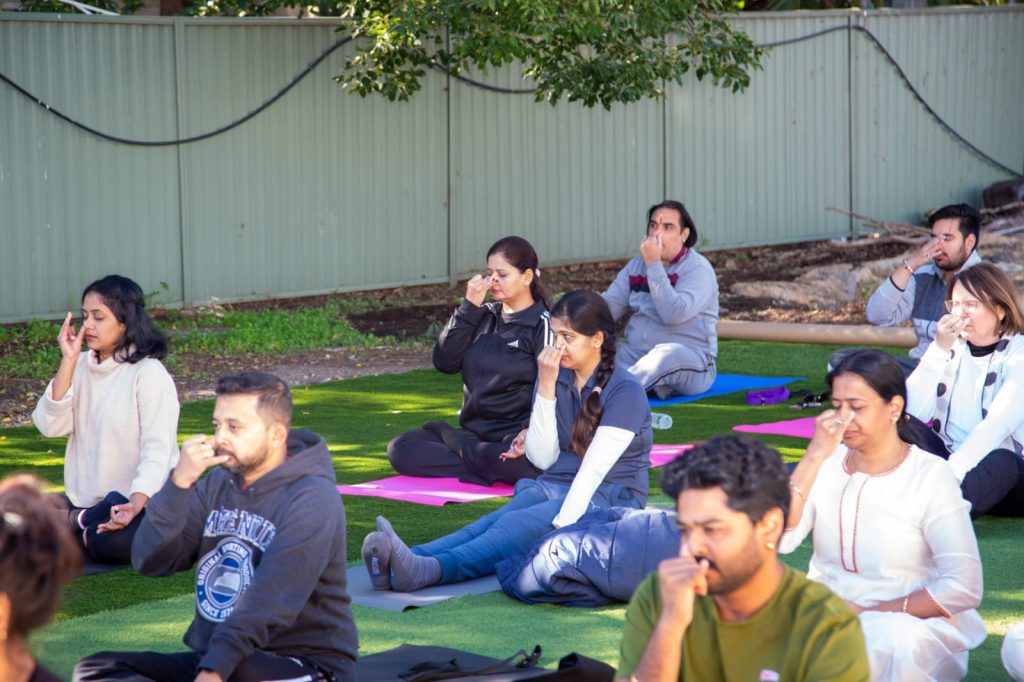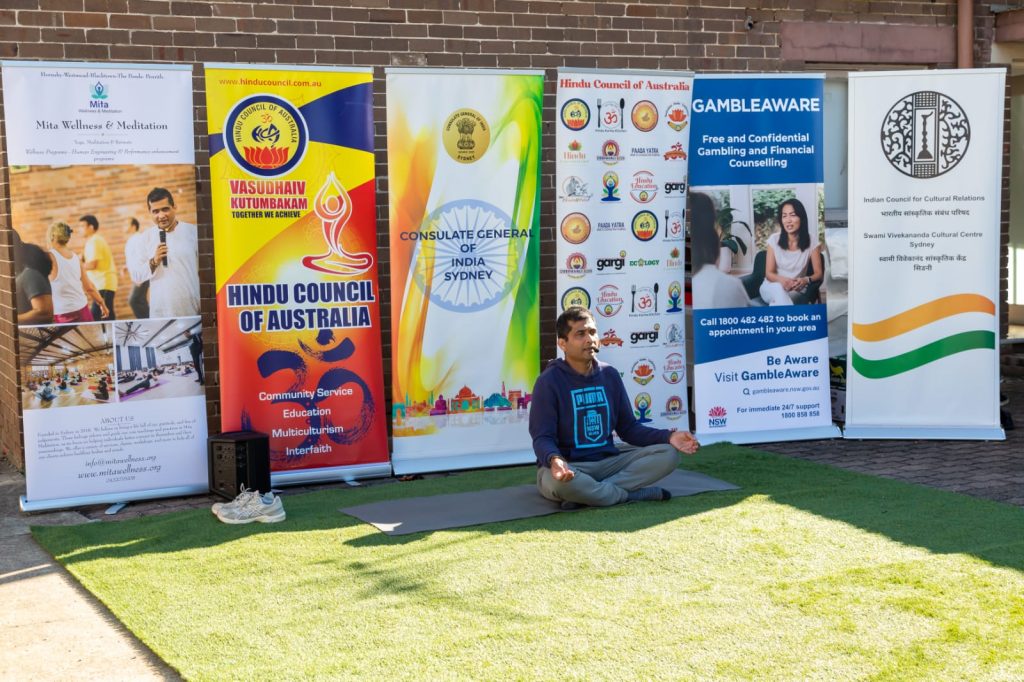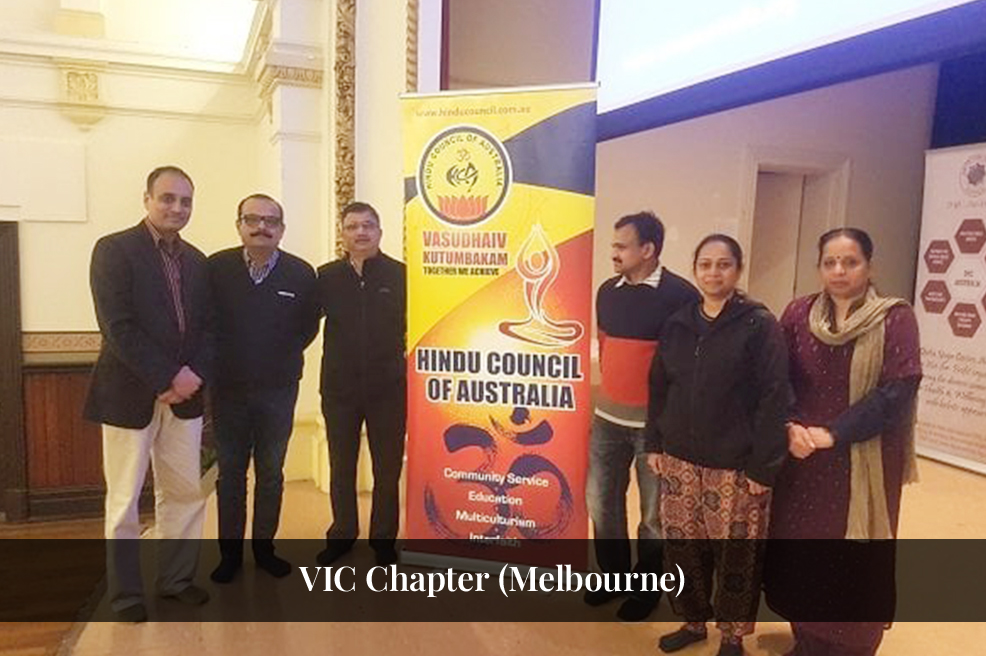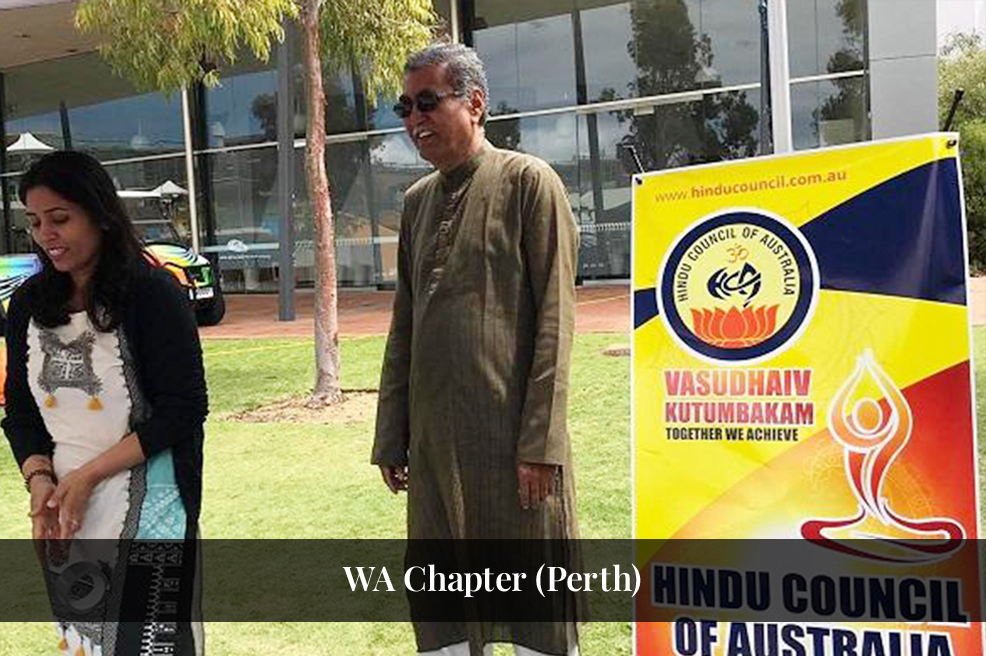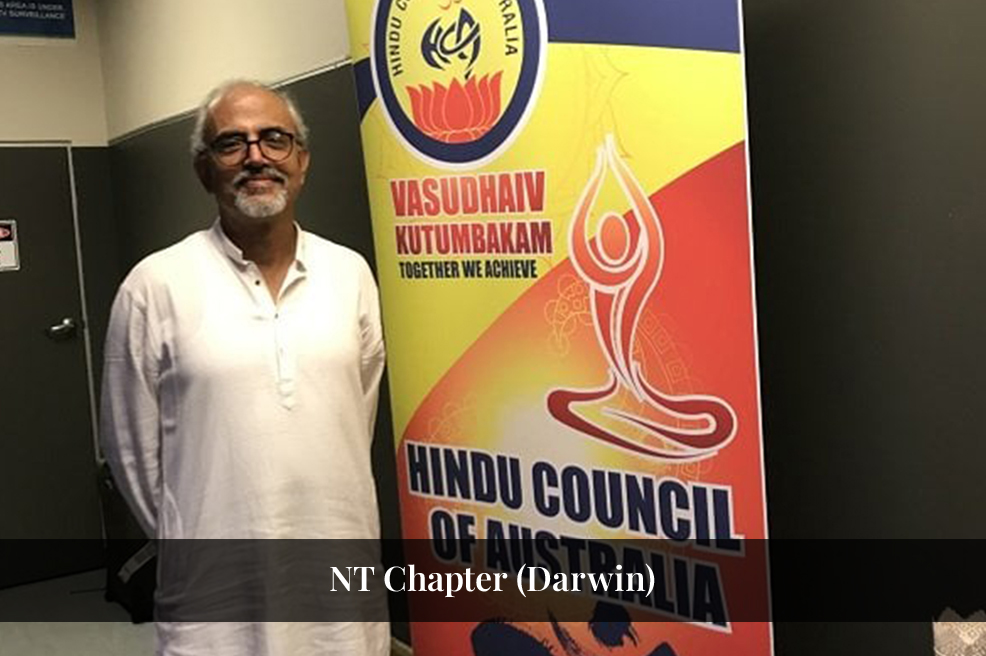Hindu Council of Australia has stood for the protection of Hindus against being forced into performing rituals of other faiths, against their Will. We have been speaking to both sides of politics in NSW and at the federal level to enact laws that make Religious Coercion a form of Religious discrimination under state and federal laws.
The Faith Affairs Council of NSW has unanimously endorsed for a law against Religious Coercion.
The federal government is planning to bring amendments to Religious Discrimination Act. Hindu Council with the support of Faith NSW is asking for Religious Coercion to be explicitly included in the proposed amendments.
We have also met the Coalition opposition leader Peter Dutton and shadow AG Michaelia Cash to discuss Religious Coercion with them.

What is Religious Coercion
Religious coercion is the imposition of religious practices or beliefs upon individuals through force or pressure, which not only violates personal freedoms but also has broader negative consequences for society and the authenticity of religious expression. This can manifest in various forms, such as forced conversions, enforcement of religious laws or standards (such as blue laws), and aspects of state religion that impose religious practices on citizens4.
In the context of Religious discrimination exemption provisions in Australia, it means that employees working for Faith schools etc. will be protected from Coercion by their employer. Students of different faiths studying in a faith school should also be protected against Coercion.
Examples
An example would be a Hindu IT person working for a non-Hindu school is fired or promotion is withheld because of their refusal to participate in religious practices of the school.
The use of religious coercion in the context of public schools, where students were coerced to participate in state-sponsored religious activities, such as invocations and benedictions, despite their personal beliefs6.
Consequences
The consequences of religious coercion can be far-reaching and have significant impacts on individuals, communities, and societies. Some of the main consequences include:
- Undermining democracy: Religious coercion can lead to the suppression of political freedoms and the establishment of authoritarian regimes, as seen in the case of the Soviet Union and China1.
- Violating human rights: Coercion in religious matters can result in the violation of fundamental human rights, such as freedom of thought, conscience, and religion, as well as the right to live free from violence and persecution1.
- Harmful effects on interreligious harmony: Coercion can create tension and conflict between different religious groups, leading to social unrest and even violence1.
- Impact on women’s empowerment: Coercion in religious matters can restrict women’s rights and limit their ability to participate in religious institutions and decision-making processes, perpetuating gender inequality6.
- Negative effects on economic growth: Religious coercion can hinder economic development by discouraging entrepreneurship and innovation, as well as by diverting resources towards religious institutions and practices1.
- Reduced peace and stability: Coercion can contribute to social unrest, conflict, and instability, particularly in areas with religious plurality or where religious freedom is not respected1.
- Enabling other human rights violations: Religious coercion can create an environment conducive to other human rights violations, such as child, early, and forced marriages (CEFM) and related restrictions2.
These consequences underscore the importance of respecting religious freedom and avoiding coercion in religious matters, as it is essential for promoting human flourishing, peace, and stability in societies.













